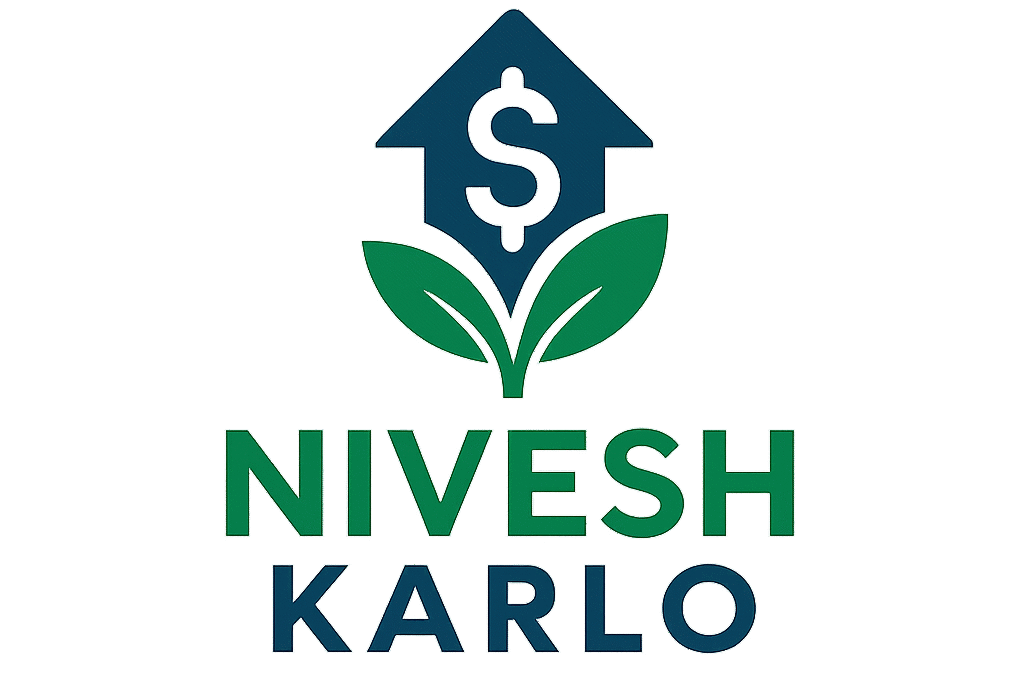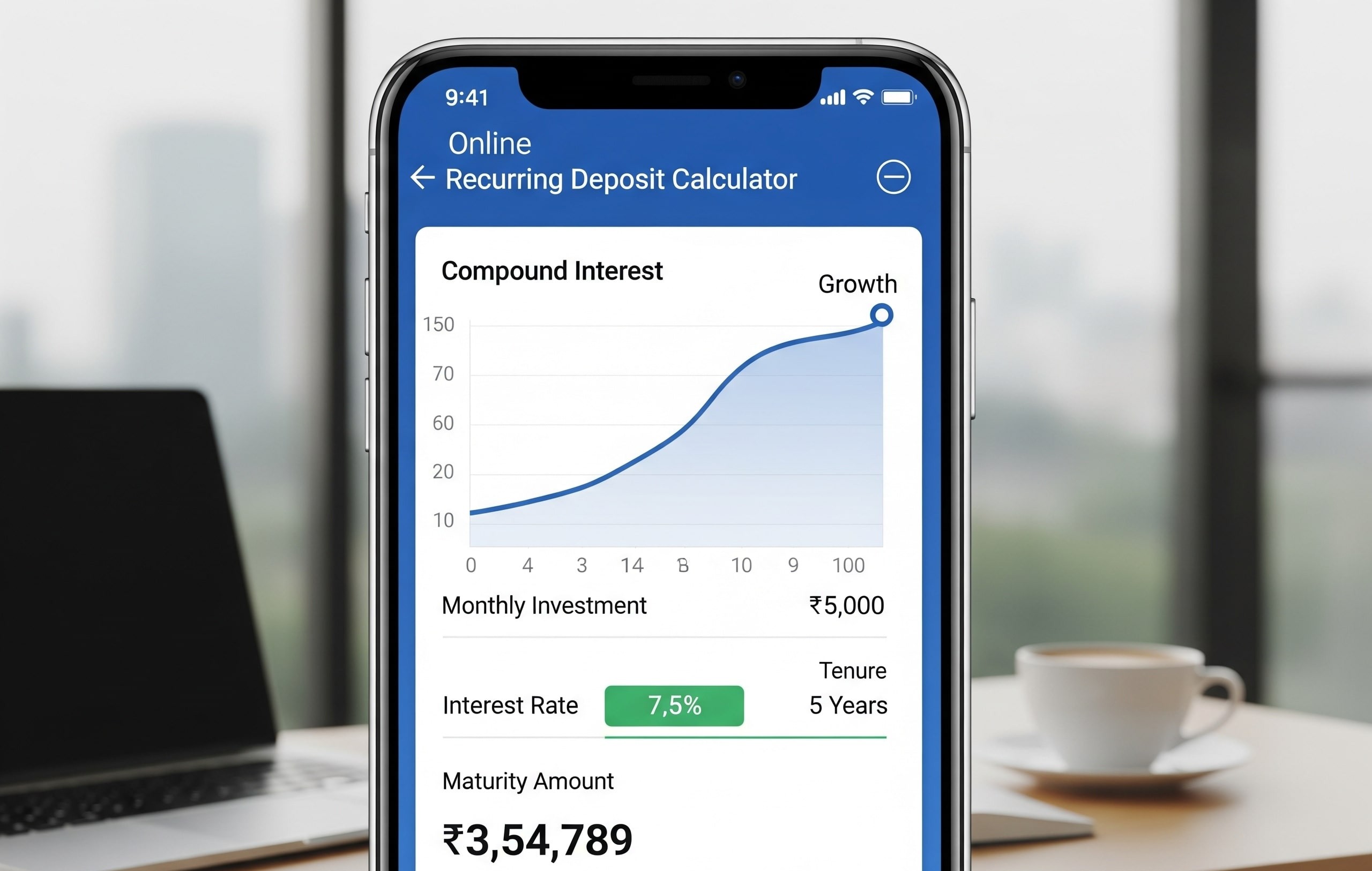
Digital assets and currencies like NFTs (non-fungible tokens) have become more and more popular worldwide in recent years. Trading in those assets has accelerated unexpectedly with the advent of cryptocurrency exchanges.
The global business and investment landscape has changed due to cryptocurrency and digital assets. Cryptocurrencies are regulated by using a tax framework in India after being recognised as digital virtual property (VDAs).
The taxation of cryptocurrency was made clear in the Budget 2022. Cryptocurrencies were not subject to any taxes prior to 2022. However, the changes for 2022 and 2023 include clauses about their ITR reporting and taxation. Here’s a guide on crypto taxes india and tax filing:
What is Cryptocurrency?
Cryptocurrency refers to a particular kind of digital asset or coins that may be used to pay for services and products. Every transaction using cryptocurrency are encrypted making sure that they are secure.
Cryptocurrency is decentralized and different from conventional currencies, which are controlled and managed by a single entity. As of now, there are more than 17,000 cryptocurrencies indexed at the exchanges, and this number is continuously growing.
In India, cryptocurrencies operates without the usage of any intermediaries such as financial organizations, banks, or valuable organizations.
Also Read: 20 Best Tax saving schemes Under 80C-2023
Crypto Taxation in India
Even though the Indian government has now not yet had many discussions with the overall public about the guidelines and taxes on cryptocurrencies in India or “Virtual Digital Assets,” the Budget 2022 session suggests the following considerations for any cryptocurrency investor:
- At the end of every financial year, income from the transfer of virtual digital assets, such as cryptocurrency and NFTs, is subject to a 30% tax.
- Reporting income from the transfer of digital assets will not be subject to any deductions other than the purchase cost.
- Digital asset losses cannot be set off against other sources of revenue.
- Gifting someone digital assets will attract taxes for the recipient. It is not possible to deduct losses from one virtual currency from profits earned using another. As stated in Budget 2022, the 1% TDS item needs to be included in the list of recommendations.
Under the Income-Tax Act of 1961, Section 206AB:
- The tax (TDS) to be deducted for cryptocurrency-related transactions will be 5%. It will be deducted if any user has not submitted their income tax return in the last two years and the amount of TDS in each of these two previous years is INR 50,000 or higher.
- If the trade is conducted on or after July 1, 2022, but an order is placed prior to that date, TDS requirements will be applicable.
Preparing to file Crypto tax?
The india crypto tax framework can be confusing sometimes, especially if you have a lot of transactions occurring across multiple wallets and platforms. To guarantee compliance with tax legislation and speed the process by means of strategic planning, here are some simple steps:
- Maintain thorough records of every cryptocurrency transaction you make. Spreadsheets and online applications can be used to keep track of your transactions and calculate the gains or losses associated with each one.
- Be sure you are ready for a tax audit by making sure you have all the required paperwork. Proof of your transactions, such as transaction IDs, wallet addresses, exchange statements, bank statements, etc.
- Speak with a tax expert to make sure everything is in order and to get ready for an audit. You can get advice on how to properly file your taxes and comprehend the tax ramifications of your cryptocurrency activity from a tax specialist.
- Be aware of any changes to Indian tax legislation related to cryptocurrencies. Being up to date on the most recent developments is essential because the crypto tax landscape is dynamic and ever-changing.
Crypto tax filing in India
Finding the right tax return to file is a initial step in effectively addressing the complexity of the crypto tax ecosystem.
- Transferring cryptocurrency and VDA income should be recorded in ITR-2 or ITR-3 under the “Schedule VDA” section. It is not possible to report the same using ITR-1 or ITR-4.
- Individuals without any business income who have capital gains from investing in VDAs should file an ITR-2. A majority of cryptocurrency investors will choose ITR-2.
- Individuals with business or professional income (from VDAs or any other business) should file an ITR-3. This form is appropriate for cryptocurrency investors who trade or perform other business-related tasks.
- Schedule Virtual Digital Assets (Schedule VDA) is a new section that is included in both ITR forms. The information requested in this schedule includes the acquisition and sale dates, the sale price, the acquisition cost, and the profit amount.
Schedule VDA
- It is important that the assessor has complete documentation of all monetary transactions involving cryptocurrencies made during the year.
- It consists of acquisition and transfer dates to guarantee accurate reporting and compliance in Schedule VDA of the tax returns. The same will serve as the foundation for calculating gains tax liabilities and be appropriately reported in other schedules, like Capital Gains.
- The acquisition cost must be deducted from the selling price to do this. The resulting capital gains are thereafter subject to a fixed 30% tax rate.
- To calculate gains or losses and assess tax liabilities, accurate record-keeping of transactions, including dates, amounts, and transaction types, is important.
Tax implications for various crypto transaction types differ:
- The tax rate on the sale of cryptocurrencies, whether for fiat money or other cryptocurrencies, is 30%, with a 1% TDS deduction.
- While buying cryptocurrencies with Indian rupees is often tax-free, using foreign or peer-to-peer websites would result in a 1% TDS deduction.
- As ownership doesn’t change, wallet transactions within your own wallets are tax-free.
- There is a 30% capital gains tax on airdrops and forks.
- Cryptocurrency gifts from close relatives or those that total less than Rs 50,000 are free from income tax. Gifts that exceed this limit are subject to income tax.
Final thoughts
Maintain correct records of your transactions and classify your crypto assets into the proper income tax categories according to the regulations. Also, computing and reporting the Crypto Tax impact play an important role in submitting income taxes on gains from cryptocurrency investments.
Also Read: SBI Tax Saving Mutual Fund
FAQs
Would TDS apply while transferring between wallets or other exchanges?
If the user moves or withdraws VDA to different wallets, TDS won’t be applied.
How to calculate a 30% tax on cryptocurrency?
You will be assessed a 30% cryptocurrency tax on your cryptocurrency revenue, which is calculated as follows:
Income = Sale Price – Cost Price
What occurs if the crypto tax is not paid?
Penalties for evading crypto taxes include not just fines but also a possibility for up to seven years in prison.
Hello there, my name is Phulutu, and I am the Head Content Developer at Nivesh Karlo. I have 13 years of experience working in fintech companies. I have worked as a freelance writer. I love writing about personal finance, investments, mutual funds, and stocks. All the articles I write are based on thorough research and analysis. However, it is highly recommended to note that neither Nivesh Karlo nor I recommend any investment without proper research, and to read all the documents carefully.






Leave a Reply